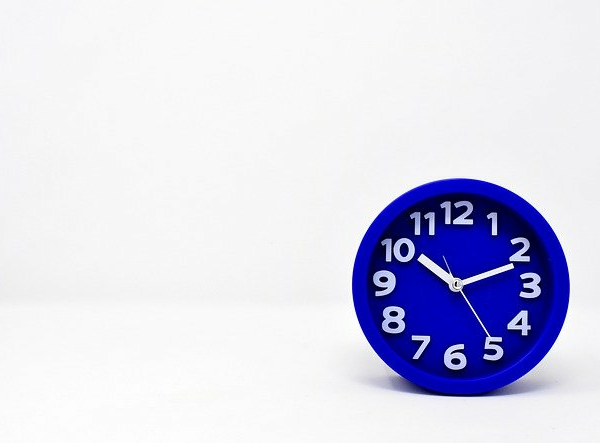There’s actually nothing worse than waking up from a deep, beautiful slumber to the piercing sound of your iPhone alarm. Picture it: you’re peacefully tucked up under your duvet, head nestled deep in your pillow and eyes resting beneath your sleep mask. Night cream continuing to work its magic. Then, BAM. That pesky alarm clock alerts you to the fact that it is, once again, 7am – and time to seize the day. UGH.
If you’re anything like me, said hideous sound often leads you to (aggressively) smash the snooze button and go back to sleep. Who can really blame us? It’s startling. Alarming. SAD. And since getting out of bed is scientifically proven to be hard on the body (your blood pressure is lower when you sleep, so your brain has to raise your heart rate and alert your blood vessels to wake up), there’s good reason for it.
But what if there was a more peaceful, gradual way to wake up which made the whole thing less, well… horrible? Enter: sunrise alarm clocks, the alarm clock style made famous by Lumie which helps you to wake up naturally to your biological rhythm. Here’s everything you need to know.
What do sunrise alarm clocks do?
Sunrise alarm clocks, or wake-up light alarm clocks as they’re also commonly known, serve up a far less shocking wake-up method in comparison to their sound-only counterparts. A natural-looking light becomes gradually brighter over an often customisable period of time, meaning that you wake up naturally and slowly. Often before the alarm even sounds.
The natural light encourages your body to begin producing mood-boosting hormone serotonin, and stop producing sleep hormone melatonin, so that by the time you wake up, you feel much less groggy.
And that’s not all: sunrise alarm clocks allow us to keep our iPhones out of reach at bedtime – which is recommended for improving quality of sleep due to the detrimental impacts of blue light.
PSA: These are the very best alarm clocks to get you up and out of bed for your return to the office
Do sunrise alarm clocks work for SAD?
Elsewhere, sunrise alarm clocks can be beneficial if you suffer from Seasonal Affective Disorder (or SAD). Seasonal Affective Disorder is a type of depression correlating with seasonal change, thought to be linked with the reduced light that winter brings. According to Bupa, SAD affects 3% of the UK population and is four times more likely to affect women than men.
Source: https://www.glamourmagazine.co.uk/gallery/sunrise-alarm-clocks
